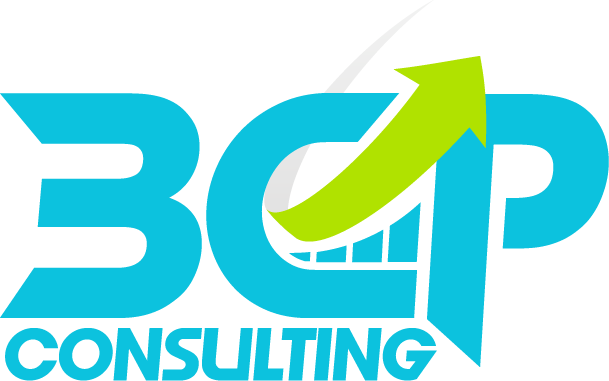Small Business Lending
There are many different types of loans you can take out. When you’re looking to borrow money, it’s important that you know your options.
Open-Ended and Closed-Ended Loans
Open-ended loans are loans that you can borrow over and over. Credit cards and lines of credit are the most common types of open-ended loans. With both of these loans, you have a credit limit that you can purchase against. Each time you make a purchase, your available credit decreases. As you make payments, your available increases allowing you to use the same credit over and over.
Closed-ended loans cannot be borrowed once they’ve been repaid. As you make payments on closed-ended loans, the balance of the loan goes down. However, you don’t have any available credit you can use on closed-ended loans. Instead, if you need to borrow more money, you’d have to apply for another loan. Common types of closed-ended loans include mortgage loans, auto loans, and student loans.
Secured and Unsecured Loans
Secured loans are loans that rely on an asset as collateral for the loan. In the event of loan default, the lender can take possession of the asset and use it to cover the loan. Interests rates for secured loans may be lower than those for unsecured loans. The asset may need to be appraised before you can borrow a secured loan.
Unsecured loans don’t have asset for collateral. These loans may be more difficult to get and have higher interest rates. Unsecured loans rely solely on your credit history and your income to qualify you for the loan. If you default on an unsecured loan, the lender has to exhaust collection options including debt collectors and lawsuit to recover the loan.
Conventional Loans
When it comes to mortgage loans, another term “conventional loan” is often used. Conventional loans are those that aren’t insured by a government agency like the Federal Housing Administration (FHA), Rural Housing Service (RHS), or the Veterans Administration (VA). Conventional loans may be conforming, meaning they follow the guidelines set forth by Fannie Mae and Freddie Mac. Non-conforming loans don’t meet Fannie and Freddie qualifications.
Loans to Avoid
Certain types of loans should be avoided. Payday loans are short-term loans borrowed using your next paycheck as guarantee for the loan. Payday loans have notoriously high annual percentage rates (APRs) and can be difficult to pay off. If you’re in a financial crunch, seek alternatives before taking out a payday loans.
Advance-fee loans aren’t really loans at all. In fact, they’re simply scams to get money from you. Advance-fee loans use different tactics to convince borrowers to send money to obtain the loan. Once the money is sent (usually wired), the “lender” typically disappears without ever sending the loan.
